Web Scraping and Its Growing Relevance
Web scraping has become an increasingly popular method for gathering data from various online sources.
Whether for market research, competitive analysis, or academic purposes, the ability to collect information from websites offers a wealth of opportunities.
However, it's not as simple as it sounds. Web scraping comes with its own set of challenges, complexities, and ethical considerations.
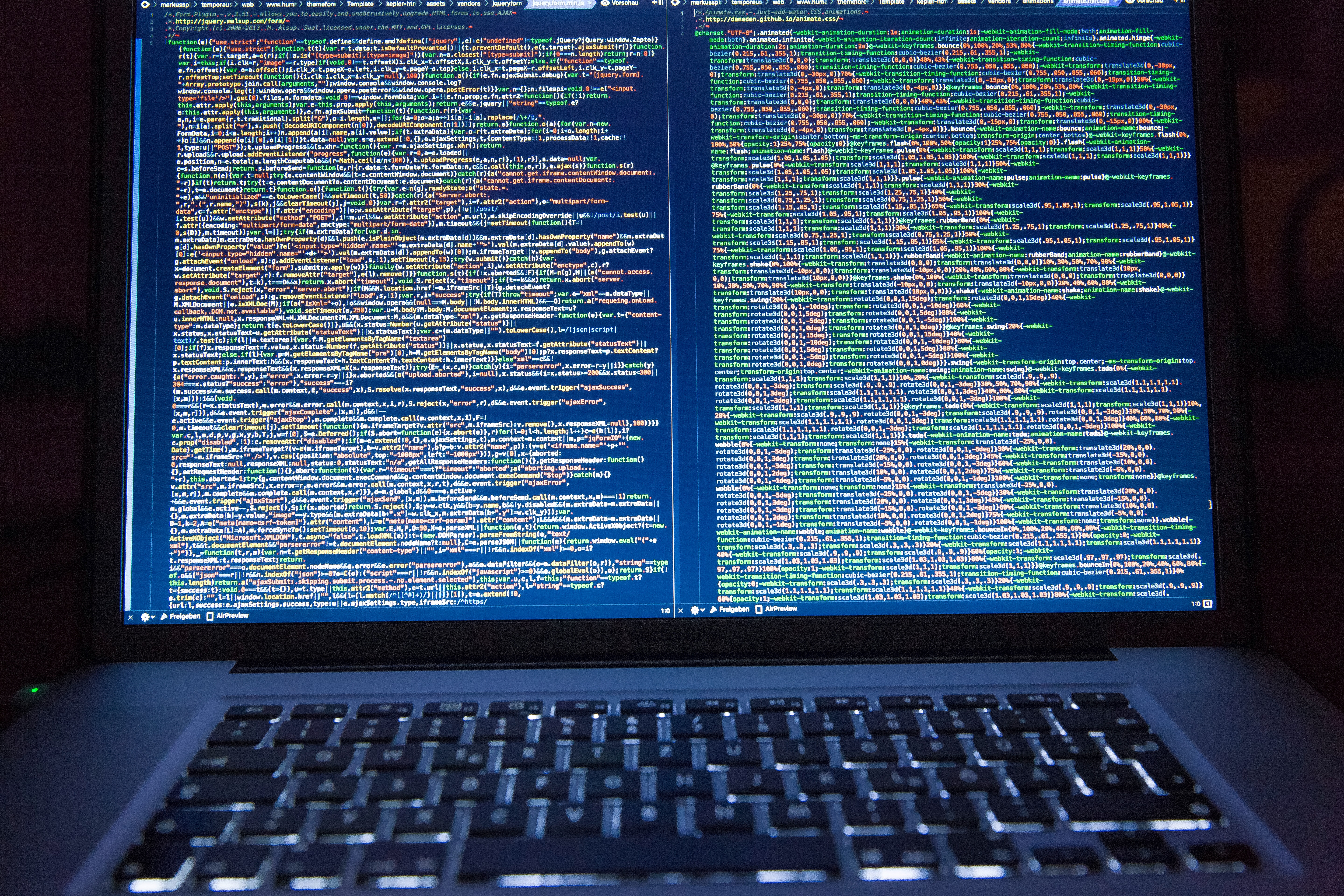
Focus on DoubleClick.net
This article aims to explore the specific case of DoubleClick.net, a widely-used platform for digital advertising.
While the title might suggest otherwise, it's important to clarify that this article will not provide detailed instructions or step instructions on how to scrape DoubleClick.net.
Instead, we'll look into the essential questions you should be asking before even considering such an endeavor.
The Importance of Asking the Right Questions
Before you start any web scraping project, it's crucial to ask the right questions.
These questions will help you understand the risks, the legal implications, and the technical challenges you might face.
They will guide you in making informed decisions, ensuring that you're not stepping into a minefield unprepared.
Tools for Informed Decisions: Geonode Proxies and Scraper API
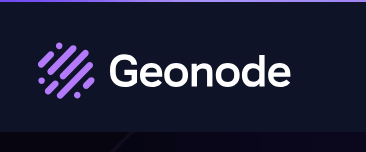
As we navigate through these questions, we'll also discuss some of the tools that can help you make more informed decisions.
Specifically, we'll look at how Geonode proxies and scraper API can be valuable assets in your data gathering toolkit.
These tools can offer you a more secure and efficient way to collect data, should you decide to proceed with a web scraping project.
By the end of this article, you'll have a better understanding of the questions to ask and the tools to consider for a responsible approach to web scraping DoubleClick.net and maybe other popular sites.
Why DoubleClick.net?
What is DoubleClick.net and Why is it a Target for Scraping?
Also Called Google Marketing Platform, DoubleClick.net is a subsidiary of Google that specializes in developing and providing Internet ad-serving services.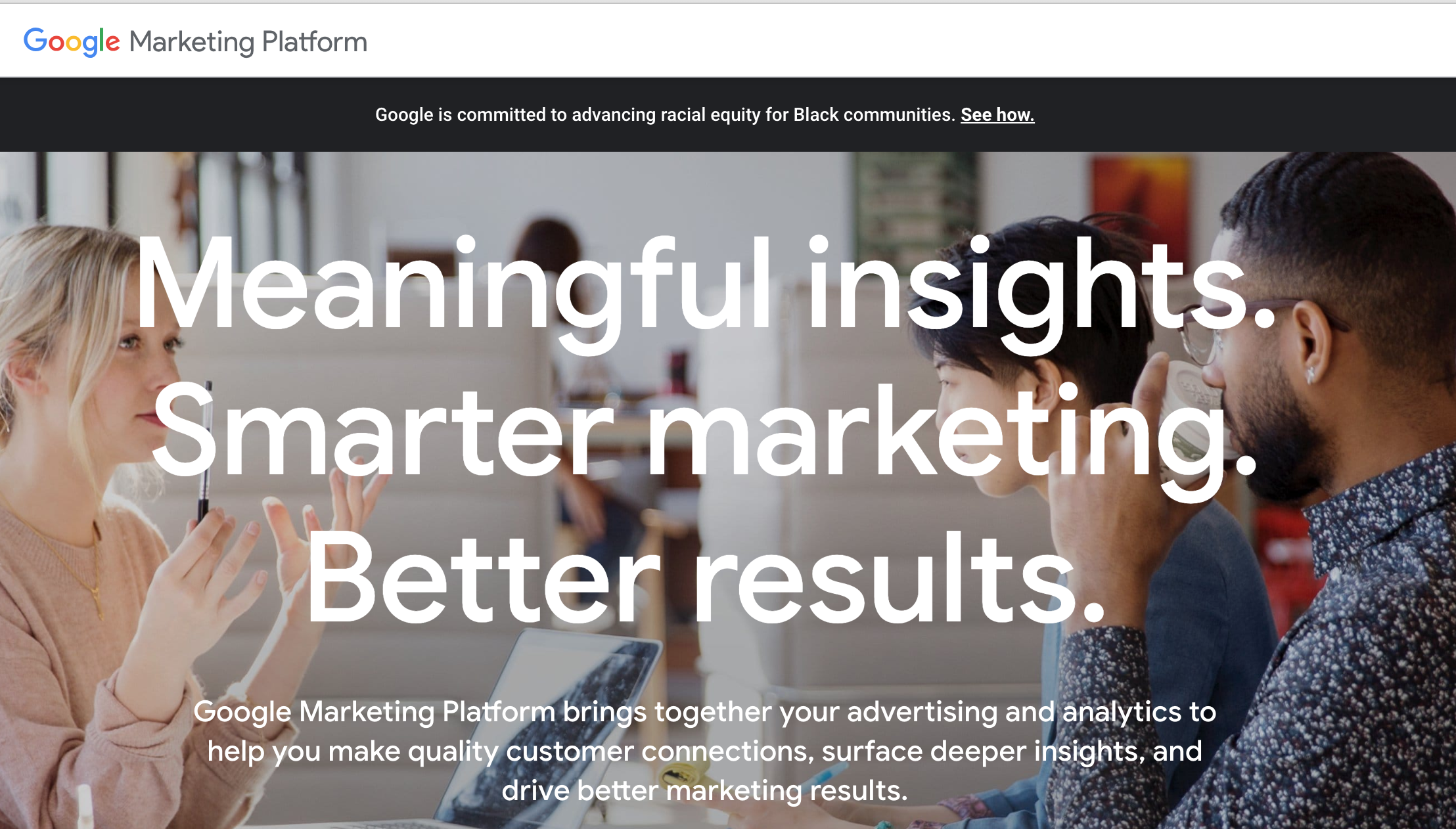
It's a legitimate advertising service where advertisers and publishers come together to buy and sell advertising space.
Given its extensive reach and the rich data it holds, DoubleClick.net becomes an attractive target for web scraping.
So, why consider scraping DoubleClick.net?
The platform holds a plethora of data that can be invaluable for market research, competitive analysis, and advertising strategy.
From user engagement metrics to ad performance statistics, the data available can provide insights that are not easily accessible elsewhere.
However, it's essential to approach this with caution, understanding the complexities and legalities involved, which we will discuss in later sections.
The Allure Advertising Content and Other Data from DoubleClick.net
When it comes to the types of data available, DoubleClick.net is a goldmine.
The platform offers various metrics and analytics that can be crucial for businesses and advertisers.
These can range from click-through rates, impressions, and user demographics to more complex data like user behavior and interaction with ads.
DoubleClick.net Data Types
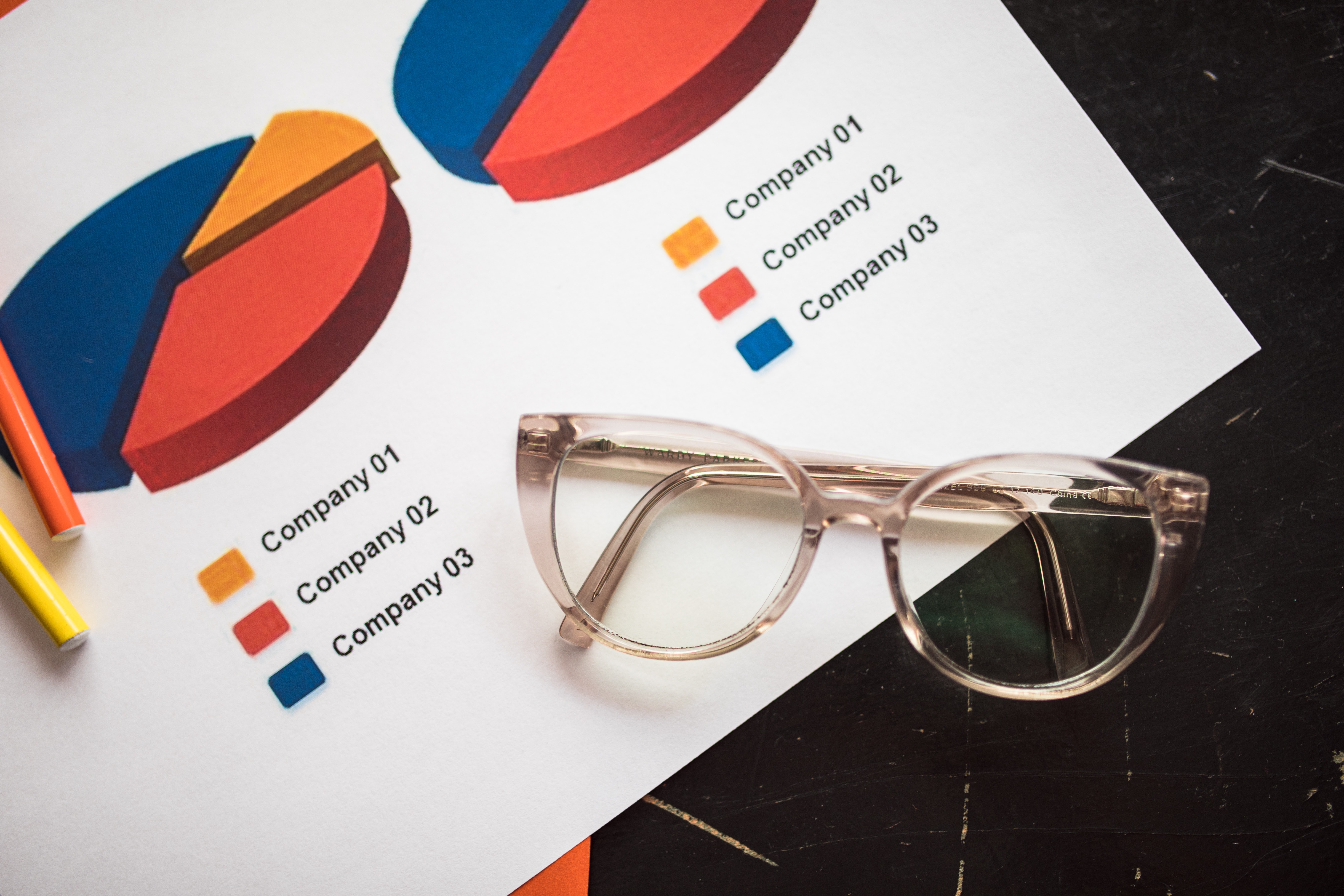
-
User Engagement Metrics. Understand how users are interacting with ads, including the time spent viewing, clicks, and other engagement metrics.
-
Ad Performance Metrics. Gain insights into how different ads are performing in terms of reach, clicks, and conversions.
-
Demographic Data. Access information about the audience that is interacting with the ads, including age, location, and interests.
-
Behavioral Data. Learn about user behavior, such as the types of ads they click on, the devices they use, and their browsing habits.
-
Financial Metrics. Get data on the cost-per-click, cost-per-impression, and overall ROI of advertising campaigns.
The allure of DoubleClick.net's data lies in its comprehensiveness and depth.
These data types can provide a 360-degree view of advertising performance and user engagement, making it tempting for data analysts and marketers to consider scraping the platform.
However, as we'll discuss in the following sections, scraping DoubleClick.net is not straightforward and comes with its own set of challenges and ethical considerations.
Legal Considerations
Is it Legal to Scrape DoubleClick.net?
The question of legality is one of the first that should come to mind when considering scraping any website, and DoubleClick.net is no exception.
So, what are the legal implications of scraping DoubleClick.net?
Firstly, it's crucial to understand that web scraping, in general, occupies a gray area in the legal landscape.
Laws around web scraping vary by jurisdiction and are often subject to interpretation.
However, DoubleClick.net, being a subsidiary of Google, has terms of service that explicitly prohibit scraping of their content without permission.
Violating these terms whether by an exploitable method or a sneaky infiltration method can lead to legal action, including but not limited to, being banned from using their services.
Therefore, before proceeding with any scraping activities, it's advisable to consult with legal professionals to understand the specific laws and regulations that may apply to your case.
Additionally, always read and understand the terms of service of the websites — be they advertising sites, social media sites, finacial sites, etc. — you're thinking of scraping.
Consequences of Illegal Scraping
If you proceed with scraping DoubleClick.net without adhering to legal guidelines, you're exposing yourself to various risks.
You can get in trouble and getting out of your predicament would take more than just doing a browser reset or pressing the reset button
Here are some risks of scraping DoubleClick.net:
-
Account Suspension. DoubleClick.net can detect rogue applications that can automate scraping activities, and one of the immediate actions they can take is to suspend or ban your account, cutting off access to their services.
-
Legal Action. As mentioned earlier, scraping DoubleClick.net without permission violates their terms of service, and they could take legal action against you.
This could result in hefty fines and, in extreme cases, criminal charges.
-
Reputational Damage. Being caught scraping illegally can severely damage your reputation, affecting both personal and professional aspects of your life.
-
Data Inaccuracy. Even if you manage to scrape some data, there's no guarantee of its accuracy or completeness, as DoubleClick.net can deploy anti-scraping measures that serve incorrect data to suspicious applications and scrapers.
-
Resource Drain. Scraping activities can consume significant computational resources and time, especially if you're caught and have to deal with legal consequences.
-
Ethical Concerns. Beyond the legal ramifications, scraping without permission raises ethical questions that can impact your standing in your professional community.
Understanding these risks is crucial for anyone considering scraping DoubleClick.net. I
t's not just about the technical ability to scrape data but also about understanding the legal landscape and the potential consequences of stepping outside it.
Therefore, it's essential to weigh these risks carefully and consult with legal professionals before engaging in any scraping activities.
Ethical Concerns
The Ethics of Web Scraping
While the legal aspects of web scraping are undeniably important, the ethical considerations are equally crucial.
So, what are the ethical considerations of scraping DoubleClick.net?
-
Data Privacy. DoubleClick.net collects data from users who interact with the platform.
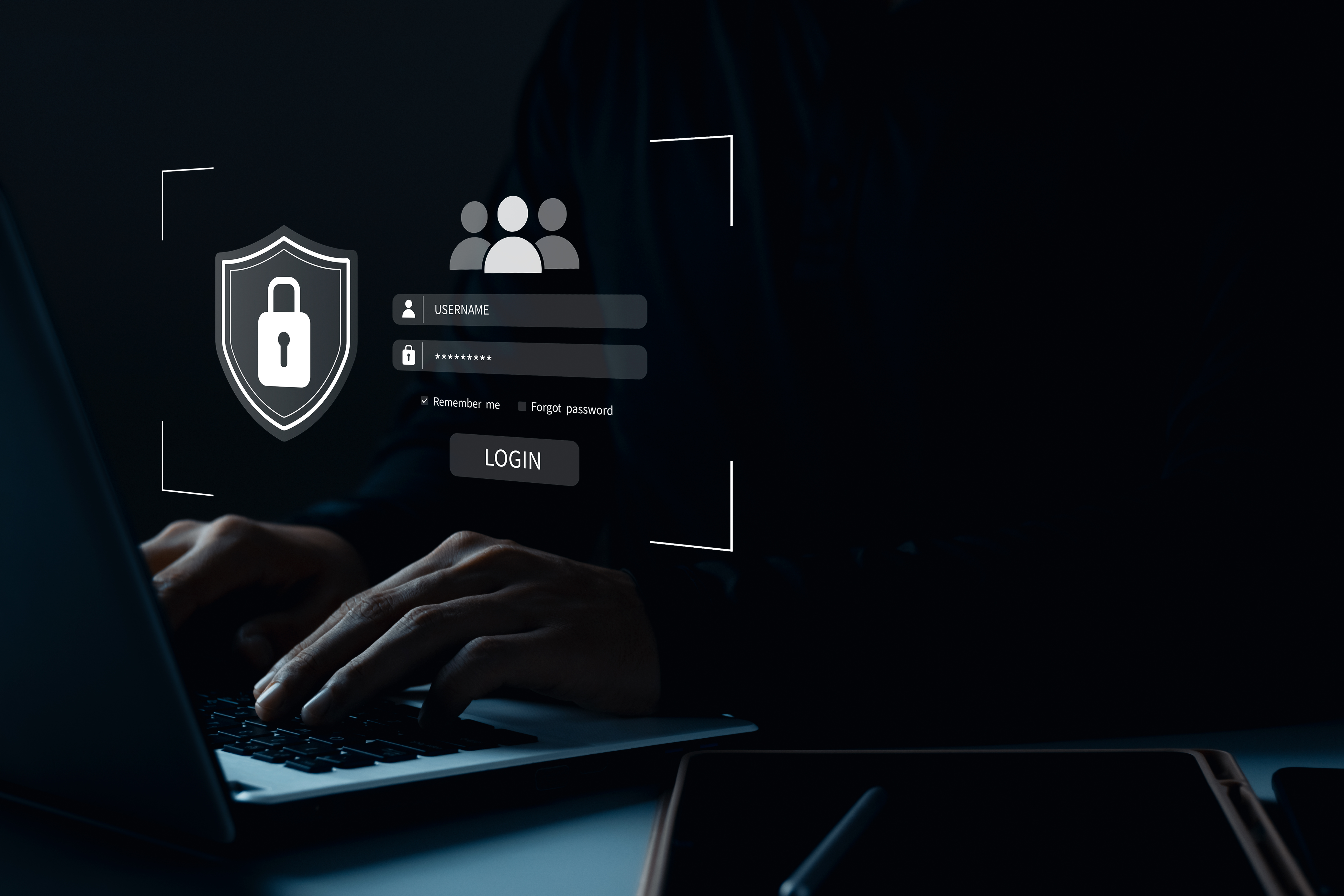
Scraping this data , without consent could be considered an invasion of privacy.
-
Fair Use. Websites like DoubleClick.net invest resources in collecting and presenting data.
Scraping this data en masse could be seen as an unfair use of these resources.
-
Transparency. If you're scraping data for research or academic purposes, it's considered ethical to be transparent about your methods and intentions.
-
Integrity. Manipulating or using scraped data in a way that misrepresents the facts is considered highly unethical.
-
Commercial Use. Using scraped data for commercial gain without permission from DoubleClick.net could be considered both illegal and unethical.
-
User Agreement. Ignoring or intentionally violating a website's terms of service is generally considered unethical.
Understanding the ethical landscape is crucial before initiating any web scraping project. It's not just about whether you can scrape, but whether you should.
Case Studies on Ethical Scraping
To further illustrate the ethical dimensions of web scraping, let's look at some examples of ethical web scraping practices.
-
Academic Research. Researchers often scrape data for academic purposes and usually do so under strict ethical guidelines, including seeking permission from the website and ensuring data anonymity.
-
Public Data. Some websites offer data that is public by nature, such as government statistics.

Scraping this data using manual steps is generally considered ethical if used for public benefit and not for personal gain.
-
Transparency. Companies like Geonode offer scraper API services that are designed to respect website terms and robots.txt files, thereby adhering to ethical standards.
-
User Reviews. Websites that aggregate user reviews often scrape data from multiple sources but do so transparently and offer a service that benefits the public.
-
Journalism. Investigative journalists sometimes use web scraping to collect data for stories that serve the public interest.
However, they usually adhere to strict ethical guidelines, including data verification and transparency about their methods.
By examining these case studies, we can glean insights into how web scraping can be conducted ethically.
The key takeaway is that ethical web scraping is not just about the act of collecting data, but also about how that data is used and for what purpose.
In summary, ethical considerations should be at the forefront of any discussion about web scraping, and especially so when considering a platform as significant as DoubleClick.net.
Always weigh the ethical implications alongside the legal and technical challenges.
Technical Challenges
What Technical Challenges Will You Face?
When considering scraping DoubleClick.net, it's essential to be aware of the technical hurdles that come with it. So, what are the technical difficulties in scraping DoubleClick.net?
-
Anti-Scraping Measures. DoubleClick.net employs various additional software and anti-scraping techniques, such as CAPTCHAs, IP rate limiting, and user-agent string checks, making it challenging to scrape the site effectively.
-
Dynamic Content. The platform often uses JavaScript to load content dynamically, requiring more advanced scraping techniques than simple HTML parsing.
-
Data Complexity. DoubleClick.net offers a wide range of data types and structures, which can be difficult to navigate and extract meaningfully. 
-
Rate Limiting. Even if you manage to bypass initial anti-scraping measures, you may still encounter rate limits that restrict how much data you can collect in a given time frame.
-
Server Load. Poorly executed scraping activities can put a strain on DoubleClick.net's servers, affecting the website's performance and potentially leading to your IP being banned.
-
Data Integrity. As mentioned in the legal section, some websites serve incorrect or misleading data to suspected scrapers, making the scraped data unreliable.
Understanding these technical challenges is crucial for anyone considering scraping DoubleClick.net.
It's not just a matter of installation of programs or sending requests to internet browsers and collecting data; you'll need a well-thought-out strategy to navigate these challenges effectively.
Importance of Using Proxies and APIs
Given the technical complexities of scraping DoubleClick.net, using specialized tools like proxies and APIs becomes not just beneficial but often necessary. In this context, Geonode proxies and scraper API offer valuable solutions.
-
Geonode Proxies. These proxies allow you to route your scraping requests through different IP addresses, reducing the risk of being detected and banned by DoubleClick.net.
They also offer residential proxies, which are less likely to be flagged for scraping activities.
-
Scraper API by Geonode. This API handles many of the challenges associated with web scraping, such as CAPTCHAs and retries, making the process more efficient.
It also respects the website's robots.txt file, aligning with ethical scraping practices.
-
Load Balancing. Geonode offers load balancing features, ensuring that you don't overload DoubleClick.net's servers, thereby minimizing the risk of being banned.
-
Data Accuracy. Using a reliable API like Geonode's scraper API can increase the likelihood of obtaining accurate and reliable data, as it's designed to navigate anti-scraping measures effectively.
-
Legal and Ethical Alignment: Geonode's services are designed to respect website terms and robots.txt files, making them a more ethical choice for web scraping activities.
By using tools like Geonode proxies and scraper API, you can mitigate many of the technical challenges associated with scraping DoubleClick.net.
These tools offer a more secure, efficient, and ethical way to collect data, should you decide to proceed with a web scraping project.
Questions to Ask

Before proceeding with any web scraping project, especially one as complex and fraught with challenges as DoubleClick.net, it's crucial to ask yourself some fundamental questions.
These questions will guide you in making informed decisions and help you understand whether scraping is the right approach for your needs.
What is Your End Goal?
The first question to ask is straightforward but often overlooked: What is your end goal? Or in other words, what are your objectives for scraping DoubleClick.net?
- Market Research: Are you looking to gather data for market analysis?
- Competitive Analysis: Do you want to understand how your competitors are advertising?
- Academic Research: Is this for an academic project that requires in-depth data?
- Personal Use: Are you looking to collect data for personal analysis or learning?
Understanding your end goal will not only guide your scraping strategy but also help you assess whether the risks and challenges are worth taking.
Do You Have the Necessary Resources?
Web scraping, particularly from a complex platform like DoubleClick.net, requires various resources, both human and technical.
-
Technical Skills. Do you or your team have the technical expertise required to navigate the challenges of scraping DoubleClick.net?
-
Hardware and Software. Do you have the necessary computational resources to carry out the scraping?
-
Time. Web scraping can be time-consuming, especially if you run into challenges that require troubleshooting.
-
Financial Resources. Some tools and services can aid in web scraping but come at a cost.
In this context, Geonode proxies and scraper API can be invaluable resources. They can help you navigate many of the technical challenges associated with scraping DoubleClick.net, making the process more efficient and secure.
What Are the Alternatives?
Before diving into a web scraping project, it's wise to consider other avenues for obtaining the data you need. So, what are the alternatives to scraping DoubleClick.net?
-
Publicly Available Data. Some of the information you seek might already be available in public datasets or reports but they might be laden with suspicious programs such as unwanted software and browser hijackers.
-
APIs. Some platforms offer APIs that provide data in a more structured and ethical manner.
-
Manual Data Collection. Depending on your needs, manual data collection might be feasible, although it's generally more time-consuming than alternative steps and a lot more difficult than using the search box or your favorite search engine.
-
Third-Party Services. Some companies specialize in data collection and might already have the data you need.
-
Partnerships. Forming a partnership with DoubleClick.net or similar platforms could be a way to access data legally and ethically.

By considering these alternatives, you can make a more informed decision about whether web scraping is the most effective and appropriate method for achieving your objectives.
In summary, before proceeding with scraping DoubleClick.net, it's crucial to ask yourself these questions to assess the feasibility, risks, and implications of your project.
People Also Ask
Is scraping DoubleClick.net illegal?
The legality of scraping DoubleClick.net is a complex issue and varies depending on jurisdiction and the specific actions taken.
DoubleClick.net's terms of service explicitly prohibit scraping without permission. Violating these terms can lead to legal consequences, including account suspension and potential legal action.
Therefore, it's crucial to consult with legal professionals to understand the specific laws and regulations that may apply to your case.
How can I scrape a website without getting caught?
While we can't endorse scraping a website against its terms of service, there are general practices that can minimize the risk of detection.
These include rate limiting your requests, rotating IP addresses, and respecting the website's robots.txt file.
Specialized tools like Geonode proxies and scraper API are designed to navigate many of the challenges associated with web scraping, making the process more efficient and less likely to result in detection.
However, it's essential to understand that these practices do not make scraping legal if it's against the website's terms of service.
What are the best tools for web scraping?
Several tools can aid in web scraping, each with its own set of features and capabilities.
However, when it comes to scraping a challenging platform like DoubleClick.net, specialized tools like Geonode proxies and scraper API come highly recommended.
-
Geonode Proxies. These proxies allow you to route your requests through various IP addresses, reducing the risk of detection.
Geonode offers residential proxies, which are less likely to be flagged by anti-scraping measures.
-
Scraper API by Geonode: This API is designed to handle many of the challenges associated with web scraping, such as CAPTCHAs and retries.
It also respects the website's robots.txt file, making it a more ethical choice for web scraping activities.
By using these tools, you can navigate many of the technical challenges associated with web scraping, making your data collection efforts more efficient and secure.
In summary, the questions in this section reflect the common concerns people have about scraping DoubleClick.net.
While there are tools and methods to mitigate risks and challenges, it's crucial to approach the task with a full understanding of the legal and ethical implications.
Conclusion
In this article, we've explored the multifaceted considerations involved in scraping DoubleClick.net.
From understanding the legal landscape to navigating technical challenges and ethical dilemmas, it's clear that web scraping is not a straightforward endeavor.
The key takeaway is the importance of asking the right questions before diving into any scraping project.
Knowing your end goal, assessing available resources, and considering alternatives are crucial steps in making an informed decision.
Specialized tools like Geonode proxies and scraper API can significantly aid in navigating the technical complexities and ethical considerations of web scraping.
Call to Action
Before attempting to scrape DoubleClick.net or any other platform, we encourage you to think critically about the implications.
Weigh the risks against the benefits and consult with legal professionals to ensure you're on solid ground.
If you decide that web scraping is the right approach for your needs, consider signing up for Geonode services for a more secure and ethical data collection process.
By adhering to these guidelines, you'll not only make more informed decisions but also contribute to more responsible and ethical web scraping practices.














